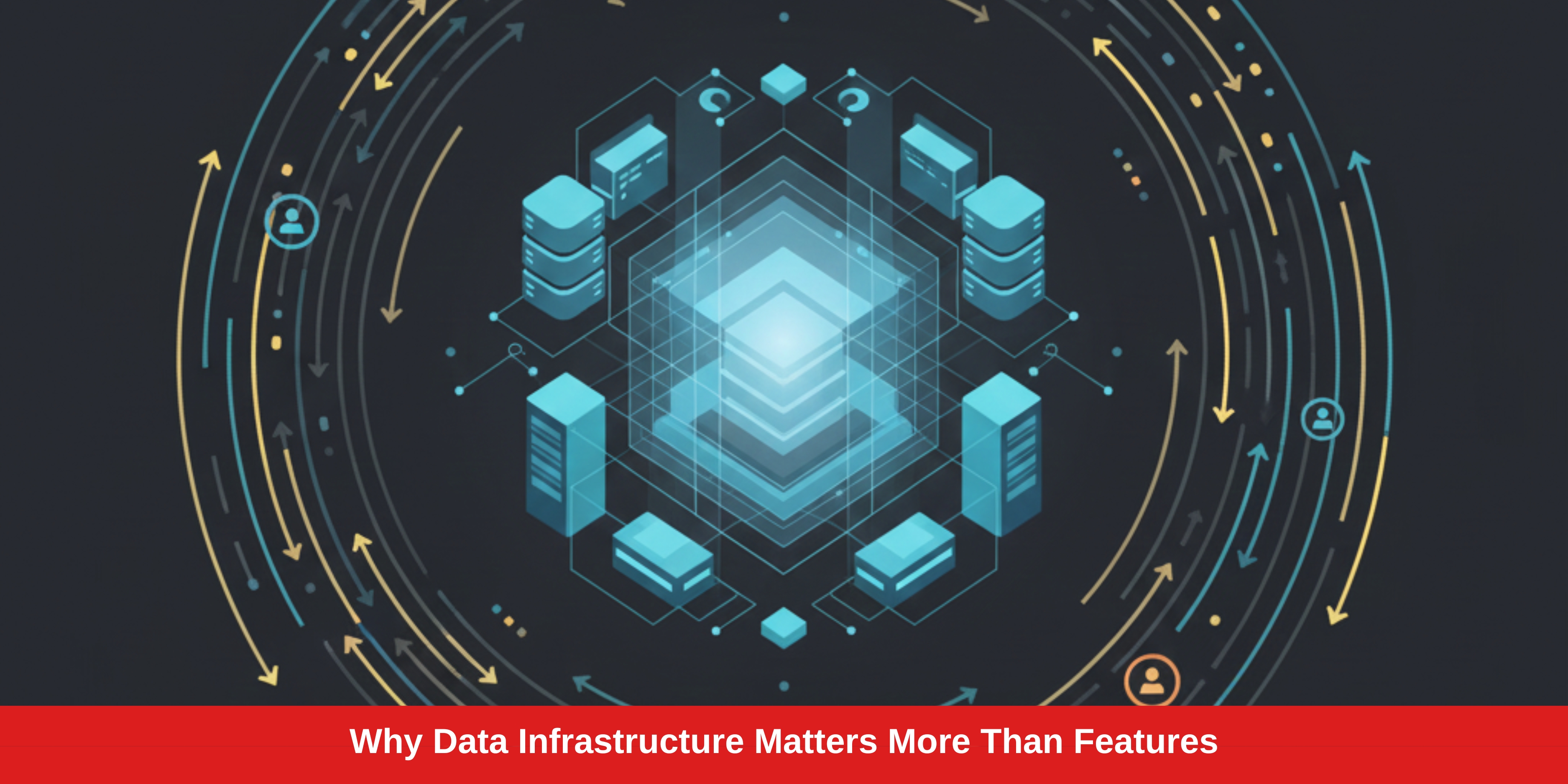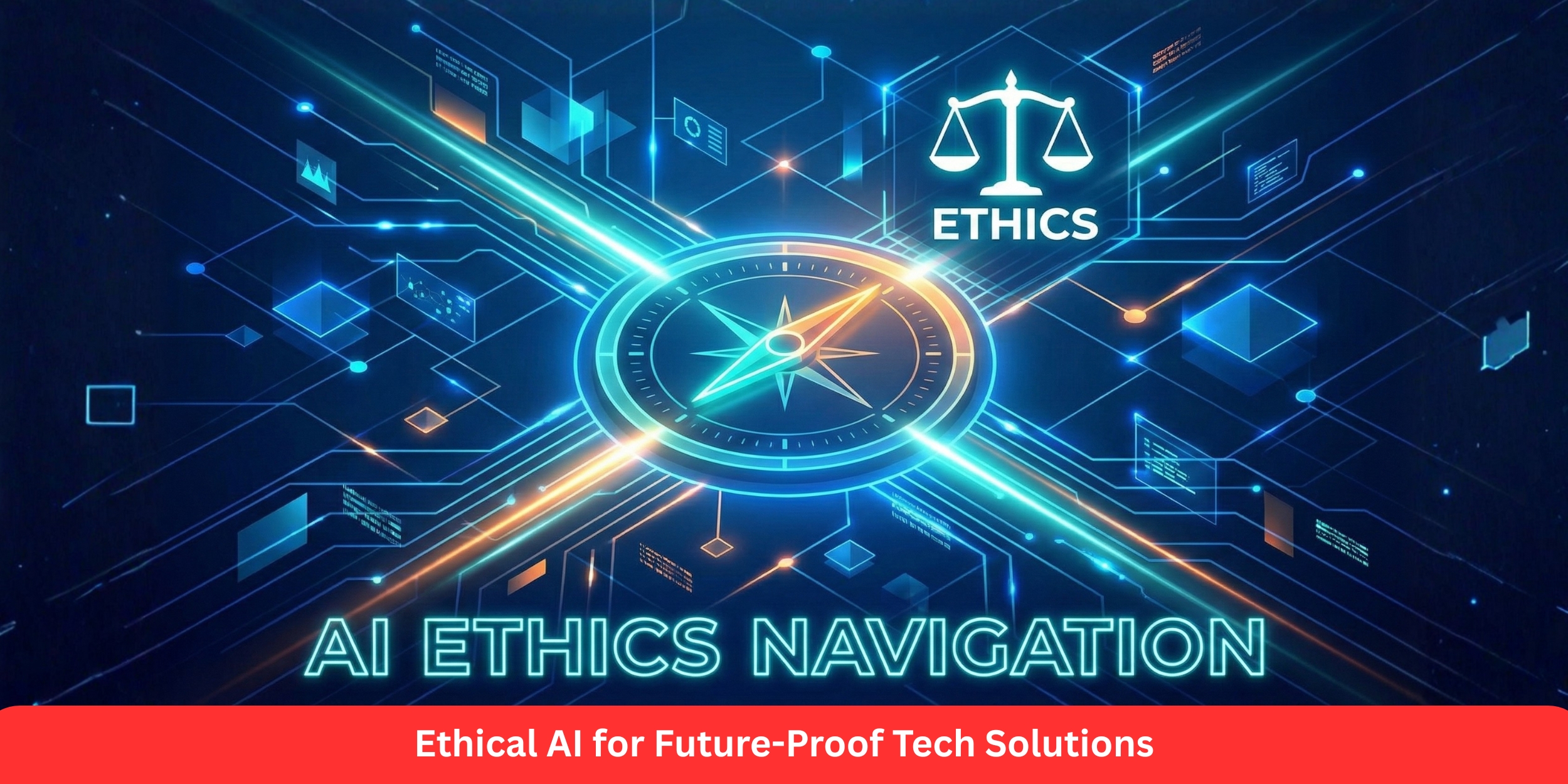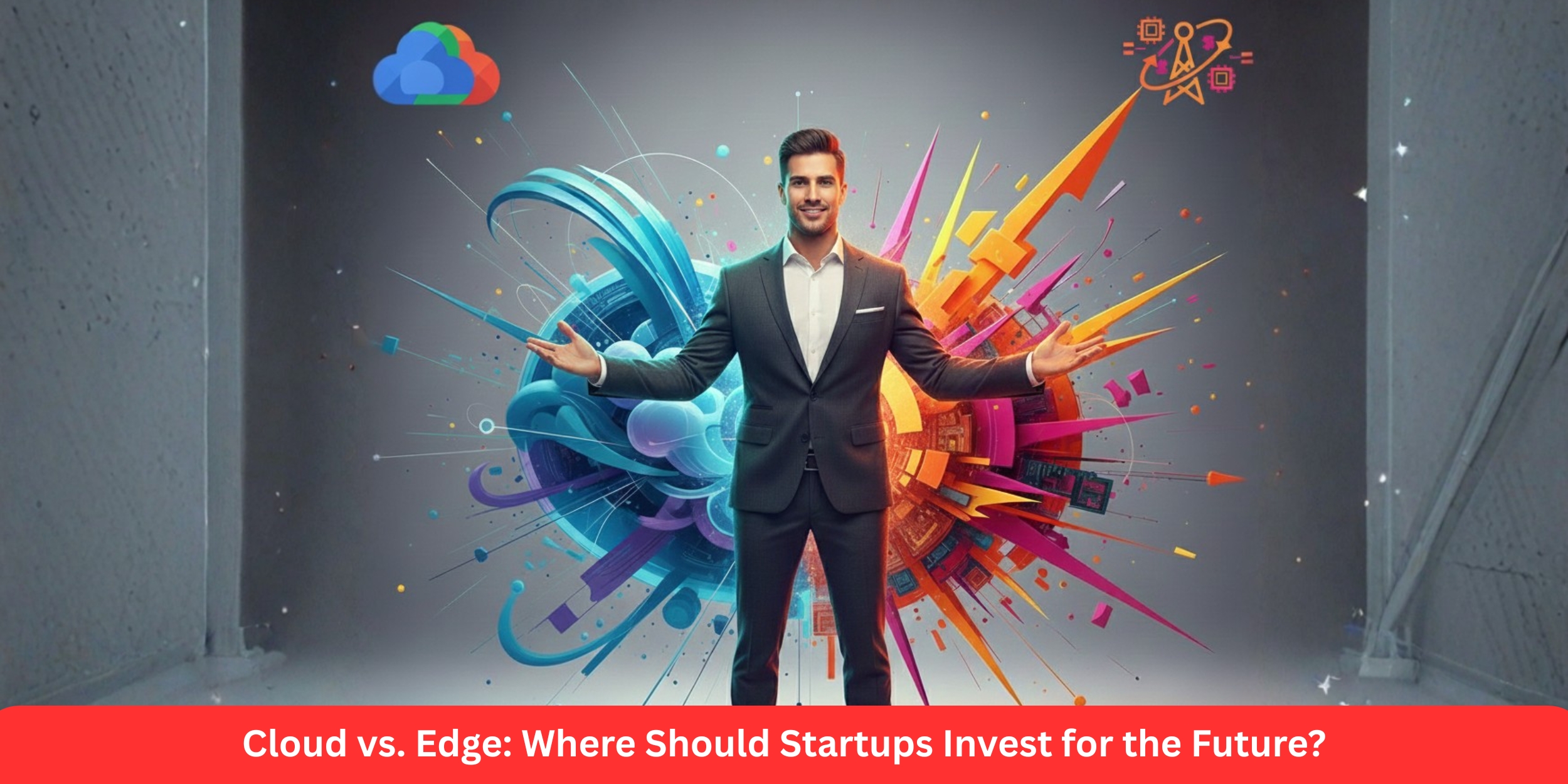
Introduction: The New Era of SEO Powered by AI and Google Search
Search Engine Optimization (SEO) is no longer about keywords and backlinks alone. With the growing use of AI search engines such as Google's sophisticated algorithms, SEO has evolved into a sophisticated, semantic-based science. Google Search now utilizes machine learning, artificial intelligence, and natural language processing to identify not only the keywords but the context, intent, and entities behind content.
By 2025, the SEO world is changing at a fast rate with Google Search incorporating more and more AI-driven technologies into its features. AI search engines are revolutionizing content discovery and ranking with semantic awareness, natural language processing, and intent analysis. To remain competitive, digital marketers need to catch up with trends such as AI-based content optimization, entity SEO, voice and visual search, and sophisticated user experience metrics. This article delves into these best SEO trends, offering in-depth information on optimizing for Google's AI search algorithms, and how semantic SEO and AI overview tools can greatly boost your search engine performance.
Knowing the latest SEO trends in 2025 involves adopting AI-powered tools, semantic SEO approaches, and prioritizing entities that determine rankings on Google Search and AI search engines. Marketers must then optimize content as a whole, prioritizing user intent, search intent, and the wider semantic environment.
1. What is AI Search Engine and Its Role in Google Search?
AI search engines combine conventional search practices with the capabilities of artificial intelligence to make search results intuitive, context-sensitive, and relevant. Google Search in the present times employs AI architectures such as RankBrain, BERT (Bidirectional Encoder Representations from Transformers), and MUM (Multitask Unified Model) to naturally process queries and identify semantic relevance, going beyond the level of keywords.
RankBrain assists Google in interpreting intricate queries through the processing of user intent.
BERT processes natural language to understand the context of words in sentences.
MUM can analyze text, images, and other modalities to provide comprehensive answers.
This integration means SEO now requires a deep understanding of how AI interprets content beyond keyword matching.
2. Semantic SEO: The Future of Search Optimization
Semantic SEO prioritizes optimizing for meaning or intent behind keywords instead of exact keyword matches. It utilizes related terms, context, and concepts to position content on what AI search engines rank high.
Employ Latent Semantic Indexing (LSI) keywords to add richness to context.
Create topic clusters for root keywords such as "Google Search" and "AI search engine" to extensively cover related subtopics.
Organize content to address different user intents: informational, navigational, transactional.
Semantic SEO boosts the chances of ranking for a set of related questions and overall relevance to content.
3. Entity-Based SEO: The Building Blocks for AI Search Engines
Entities are specific concepts or entities that AI search engines can identify, for instance, people, locations, organizations, products, or events.
Google's Knowledge Graph leverages entities to link concepts and enrich search results using rich information.
Optimizing for entities involves using schema markup, structured data, and clear references to authoritative sources.
Example: When optimizing for “Google Search,” mention related entities like “Alphabet Inc.,” “search algorithms,” or “AI-driven search.”
Entity-based SEO helps AI search engines build a more accurate understanding of your content and associate it effectively with relevant queries.
4. AI-Powered Content Creation and Optimization
AI platforms now support content creators in keyword research, topic suggestions, SEO optimization, and more. New AI systems examine Google Search patterns and semantic connections to propose content enhancements.
AI-based tools such as GPT-based models are capable of producing semantically dense content.
AI content optimization platforms propose relevant entities and LSI keywords to improve rankings.
Real-time performance monitoring through AI analysis assists in refining SEO strategies.
But human supervision is still necessary to preserve the quality and authenticity of the content.
5. Voice Search and Visual Search in AI-Powered SEO
Voice and visual search are expanding fast with the power of machine learning and AI.
Voice search queries are longer, conversational, and question-oriented, which influences keyword strategy.
Visual search employs image recognition AI to discover related content or products from images.
Voice search optimization includes writing FAQs, natural language sentences, and short answers.
Visual search optimization involves rich alt text, image metadata, and structured data.
Combining these modalities with conventional SEO enhances discoverability across various search behaviors.
6. User Experience (UX) Signals & Core Web Vitals
Google's AI search engine more and more places UX metrics such as loading speed, interactivity, and visual stability (Core Web Vitals) as ranking signals.
Optimize page load times, images, and responsive design.
Minimize cumulative layout shift (CLS) for visual stability.
Improve mobile navigation and usability flow.
Good user experience not just enhances ranking but also user interaction, lower bounce rates, and higher conversions.
7. Mobile-First Indexing and AI Search Engines
Google indexes and ranks on the mobile version of your site's content to a large extent for mobile-first indexing.
Make your site fully responsive with quick mobile load times.
Optimize images and scripts for mobile.
AI search engines evaluate mobile usability as a part of ranking reviews.
Mobile-first approaches are now imperative rather than a choice to succeed in AI-powered search.
8. Video SEO and AI Search Engine Influence
Video content is gaining popularity with AI search engines because it enjoys great user engagement.
Implement descriptive, keyword-based titles and descriptions.
Include transcripts and subtitles to facilitate improved semantic interpretation.
Harness video schema markup for rich results visibility.
Platforms such as YouTube apply AI for recommendation and personalization, which impacts search visibility.
9. Featured Snippets, People Also Ask, and Rich Results Optimization
AI search engines showcase improved results such as featured snippets and "People Also Ask" boxes which receive more engagement.
Organize content to provide direct answers to certain questions.
Apply bullet points, numbered lists, and tables for snippet-friendly design.
Apply structured data to become eligible for rich result features.
Ranking in these positions can dramatically increase click-through rates and organic traffic.
10. FAQs About SEO and AI Search Engines
Q1: How does AI influence Google Search rankings?
AI improves Google’s ability to understand content context, user intent, and relevance, leading to more accurate and personalized rankings.
Q2: What is semantic SEO and why is it important?
Semantic SEO is all about keyword meaning, which enables content to rank on associated terms and meet various search intentions.
Q3: What is the best way to optimize content for AI search engines?
Emphasize entities, apply rich structured data, include LSI keywords, and maximize user experience signals.
Q4: Are AI-created contents SEO-safe?
Yes, if they are high-quality, relevant, and provide value. Human monitoring is required to keep the content authentic and original.
Q5: What is the place of featured snippets in AI-based SEO?
Featured snippets answer questions directly and enhance prominence, usually resulting in increased CTR.
Conclusion
The marriage of Google Search and AI search engines is what the future of SEO is all about. It's key to be up to speed on AI-algorithm updates, semantic SEO, entity optimization, and changing search habits. Adding AI tools and tactics will allow marketers to develop improved content, deliver better user experiences, and capture more organic search traffic.
Adopt these best SEO trends to make your website succeed in an AI-dominated search environment, where context, relevance, and user intent are the key determinants.





